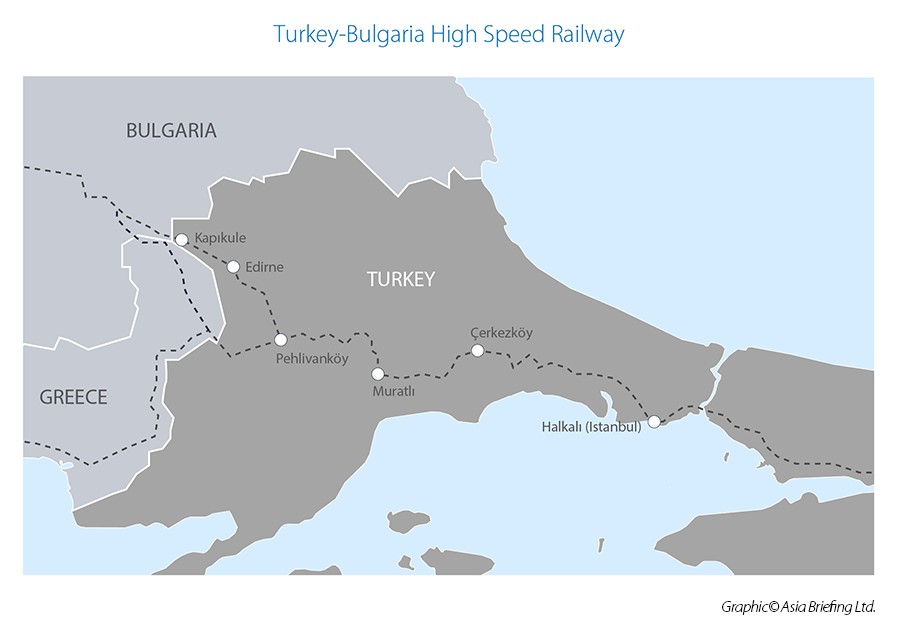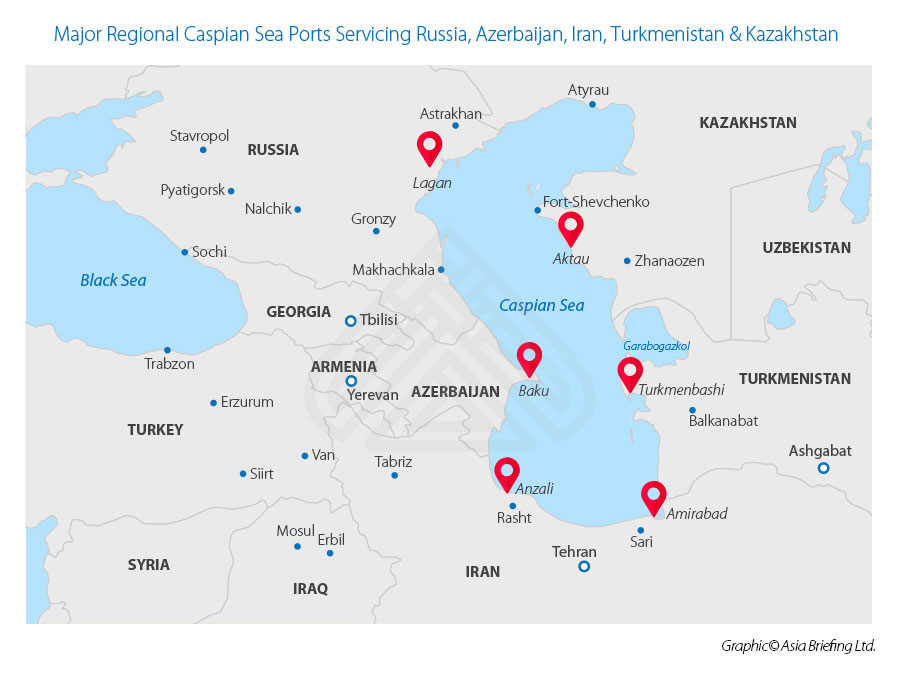China And EU Work Together To Finance Turkey Rail Link To Europe
New Istanbul rail link gives EU direct access to the BTK and INSTC rail networks
The China backed Asian Infrastructure Investment Bank (AIIB) and the European Bank for Reconstruction and Development (EBRD) are extending loans to the Turkish government for the construction of a 67 km section of the high-speed railway line from Istanbul to the Bulgarian border. Full details can be seen here.
The stakeholder plan can be downloaded here.
The EBRD financing of €150 million was approved by the Bank’s board of directors on November 10th and signed off earlier this week.
The Asian Infrastructure Investment Bank is considering parallel financing and together with the Turkish government will provide the remaining funds needed for the total €640 million infrastructure project. It is the first time the two banks have worked together on a project that is essentially BRI related and brings China financed infrastructure to the EU’s borders.
Previous China financed rail infrastructure, most notably the Budapest-Belgrade rail link has raised much criticism in Brussels. That rhetoric appears to have receded, partially because it is not considered a BRI deal as the AIIB, a multinational bank controlled by Beijing are financing the project, as opposed to Chinese domestic banks or SOEs. It’s all about how the financing is marketed.
The double-track Ispartakule-Cerkezkoy section is part of the electrified Halkali-Kapikule railway line and is part of the EU Trans-European Transport Network (TEN-T) and will provide safe, sustainable, and low-carbon passenger and freight transport to and from the EU and Turkey, improving connectivity and trade. The Ispartakule-Cerkezkoy railway section will be tendered and constructed in accordance with the EBRD’s procurement rules and environmental and social standards.

To the east, the line connects with the Kars-Istanbul section of Turkish national railways, and the Belt and Road Initiative financed and constructed Baku-Tbilisi-Kars (BTK) railway which is also a high-speed rail line. That runs through to Kars on the Turkish border with Georgia, runs through Tbilisi and onto Baku, the Azerbaijani seaport. Ferries then link from Baku to two main destinations, Aqtau, Kazakhstan’s only Caspian Sea Port, and then across to China, where they traverse into Horgos inland Port in Xinjiang Province and onto the Chinese national rail system. The second connectivity links to Anzali Port and Free Trade Zone on the Iranian Caspian sea, which is connected in turn with the International North-South Transportation Corridor (INSTC) and exits Iran at the Chabahar Port, giving onwards shipping routes through to India, the Gulf, and East Africa.
Other access from Baku also allows transshipment to the new Russian Port of Lagan, near Astrakhan and the Turkmenbashi Port in Turkmenistan.

The EBRD’s co-financing of part of the Istanbul-Bulgaria link therefore has very specific implications for traders and logistics services businesses in Bulgaria, Turkey and beyond. While the EU based media have concentrated on the Turkish connectivity, the link extends far beyond Turkey and will boost trade with the Caucasus, Central Asia, China, India, the Middle East, and East Africa.
Related Reading
About Us
Silk Road Briefing is written by Dezan Shira & Associates. The firm has 28 offices throughout Asia, and assists foreign investors into the region. For strategic advisory and business intelligence issues please contact the firm at silkroad@dezshira.com or visit www.dezshira.com





